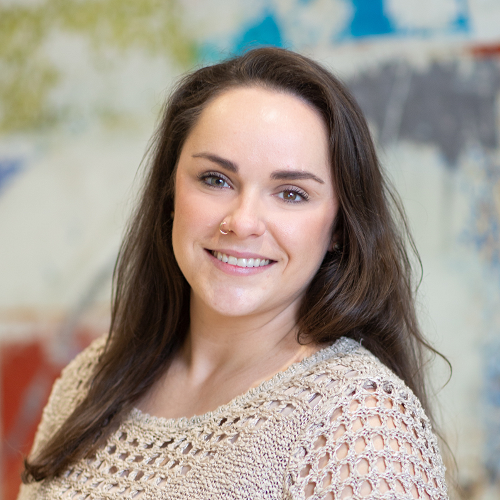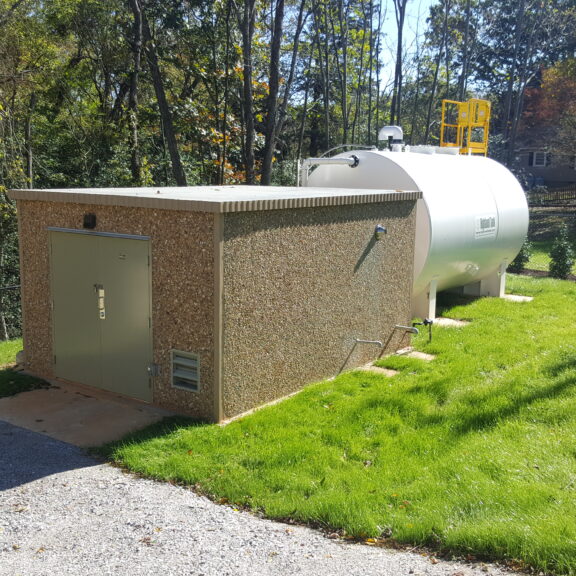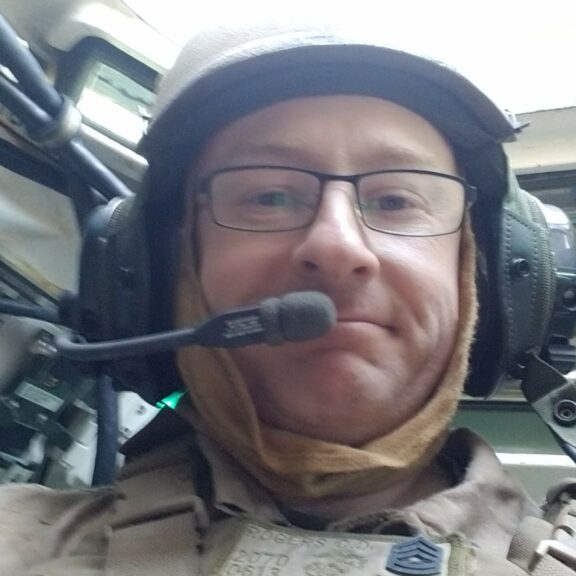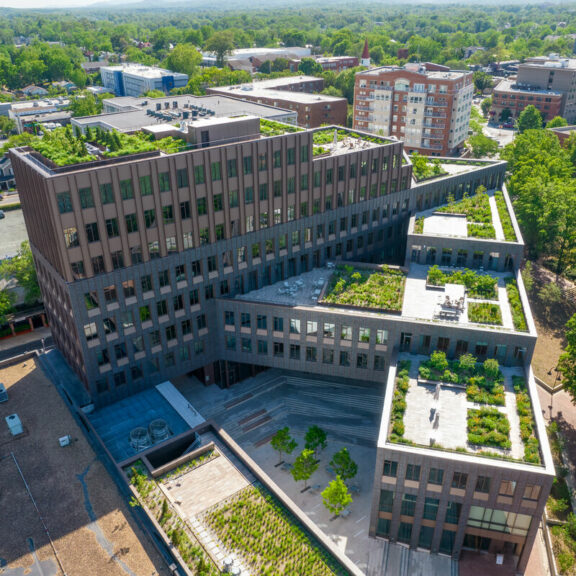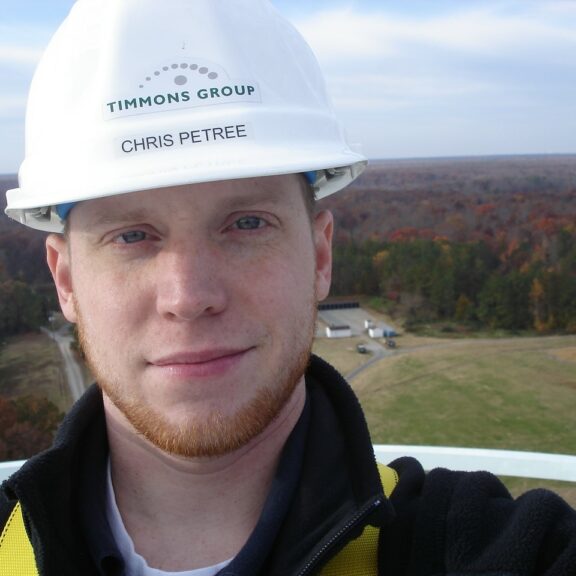Wednesday, March 31, 2021 in celebration of Women’s History Month
On Monday, March 22, we virtually interviewed Becky Ward, the Group Leader of our North Carolina Stormwater practice.
Timmons Group brought Becky Ward on as the leader of our Raleigh Stormwater practice in June of 2019 because she shared our values of providing sustainable and environmentally conscious civil and stormwater engineering. Now, Becky has been with the firm for almost two years and it’s become apparent that her story is about more than leading a sound stormwater engineering team… Becky has been breaking barriers for women in the field for years.
Motivated by the desire to re-enter the workforce while simultaneously having flexibility to be with her growing family, Becky established her own civil engineering firm, Ward Consulting Engineers, PC, where she led a team specializing in stormwater management for over 25 years in the Raleigh-Durham area.
Lillian: Thank you for joining us to celebrate Women’s History Month. Our team interviewed you in 2019 when you joined Timmons Group. How do you feel things have changed for you in the two years since then?
Becky: Well, it’s kind of the same — a continuation of what I was doing with my company for 25 years before we merged with Timmons Group. We’re still working with a lot of municipalities, but we’ve also become more engaged with the private development side of things in both Raleigh and Charlotte. We’re also trying to get more integrated into our residential group.
Lillian: That sounds like a good path moving forward. So, tell us a little bit about your background in stormwater. How did you get into the field?
Becky: Actually, when I graduated high school, my parents wanted me to be an art teacher. In that time, women went off to become teachers or administrative assistants, so I thought that was my future. My sister was initially interested in medicine and ended up becoming a geologist, so we were both interested in the sciences. I went to a junior college for two years because with a family of 5 kids there was limited funds. I was in art and math/science classes and was recruited to attend a Women in Engineering weekend program at Michigan State University.
As a part of the weekend events, I visited the Chrysler plant in Detroit. I was definitely not interested in cars, but the experience touring the facility with their engineers and the weekend overall experience led me to enrolling in the Civil Engineering program.
I got hired out of college to go work for Fluor Engineering, a Houston-based firm that was building petrochemical plants around the world. The one project in Saudi Arabia that I didn’t want to get assigned to, I ended up working on. When it was time to do a site visit to collect field data I was not allowed to go. The cultural norm at the time was that the country didn’t allow females to hold jobs other than teaching, so as an engineer I could not work there. My team went without me. It was disheartening and was the first time that I was treated differently than my peers. My next job was with a small consulting firm in Houston due to a downturn in the oil industry. I ended up meeting my husband when I was at this firm as he was a manufacturer’s representative and came in to discuss some equipment, we were investigating installing in a treatment facility.
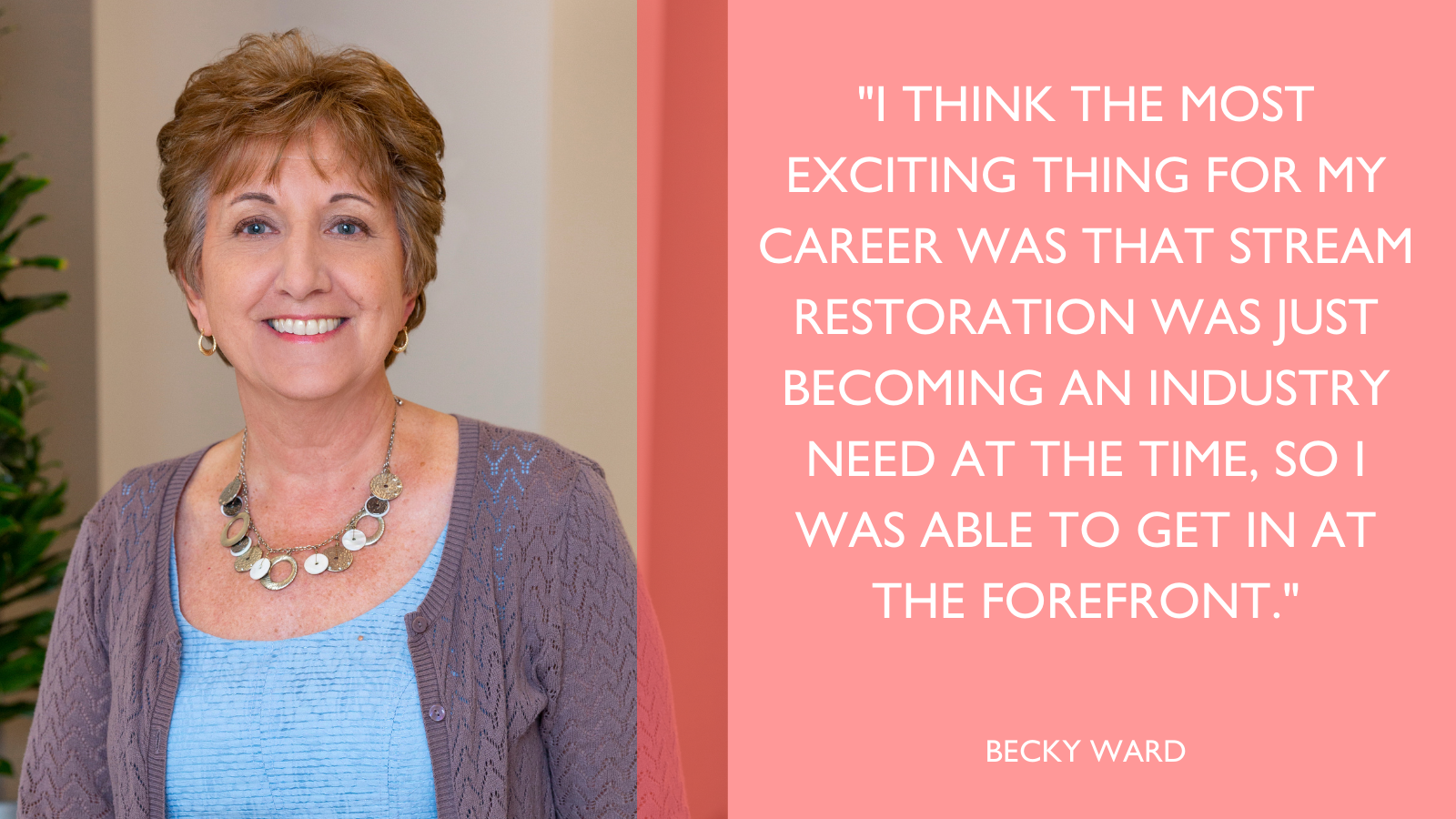
Becky’s anecdote about being turned down for a project site visit because of her gender led to a discussion prompted by a celebration of Women’s History Month. Our conversation changed directions when we asked about her experiences as a woman in the A/E/C industry, a group of fields that have traditionally been viewed as male dominant.
Lillian: In your opinion and experience, are there a lot of other women that you work with in the field or is it traditionally more male dominant?
Becky: I think there are more women in the field now. There were very few when I first started in the industry, but that didn’t deter me. I didn’t really think of it that way, I did realize that there weren’t very many girls in my classes, but most of my math and science classes in high school were that way so when it came to college it was just normal. I think while there are a lot more women entering the field, the issue at its core is still retention. I think professional women as a whole are pulled away from their jobs for family needs, whether it be young children entering school or aging parents. And if [professional industries] don’t provide flexibility, we’re going to see more women drop out of the industry.

Lillian: How do you feel that affects your role at Timmons Group?
Becky: I’m glad that Timmons Group has offered the abundance of flexibility needed in the industry nowadays. I wonder if working in another industry that is more equally divided would be different. But the issue of being a working mom is ultimately why I created my own business 25 years ago.
Lillian: What was it like having your own firm?
Becky: Well, I did it out of necessity because my preference at the time would have been to work part-time or have a flexible schedule, but that just wasn’t possible 35 years ago. I had always been with a consulting firm and back then they wanted us available for our clients from 8 a.m. to 5 p.m. without exception. There was also limited time that I could be out of work with a new baby. I had to just use the vacation time that I had saved up and come back when that was used up or lose my job. I ended up leaving that company in Charlotte when my daughter was one year old to relocate to Raleigh due to my husband’s job at the time. I wanted to have work hours, so I just started my own business.
When my kids were two and three, I went back to school and started my master’s program at NC State University. It took me five years, and it was challenging with two small kids and a husband in outside sales, but it’s why I’m where I am today.
I think the most exciting thing for my career was that stream restoration was just becoming an industry need at the time, so I was able to get in at the forefront. I took a lot of training and made business decisions that led my firm to be an on-call contractor with the state of North Carolina and mitigation bank companies for many years.
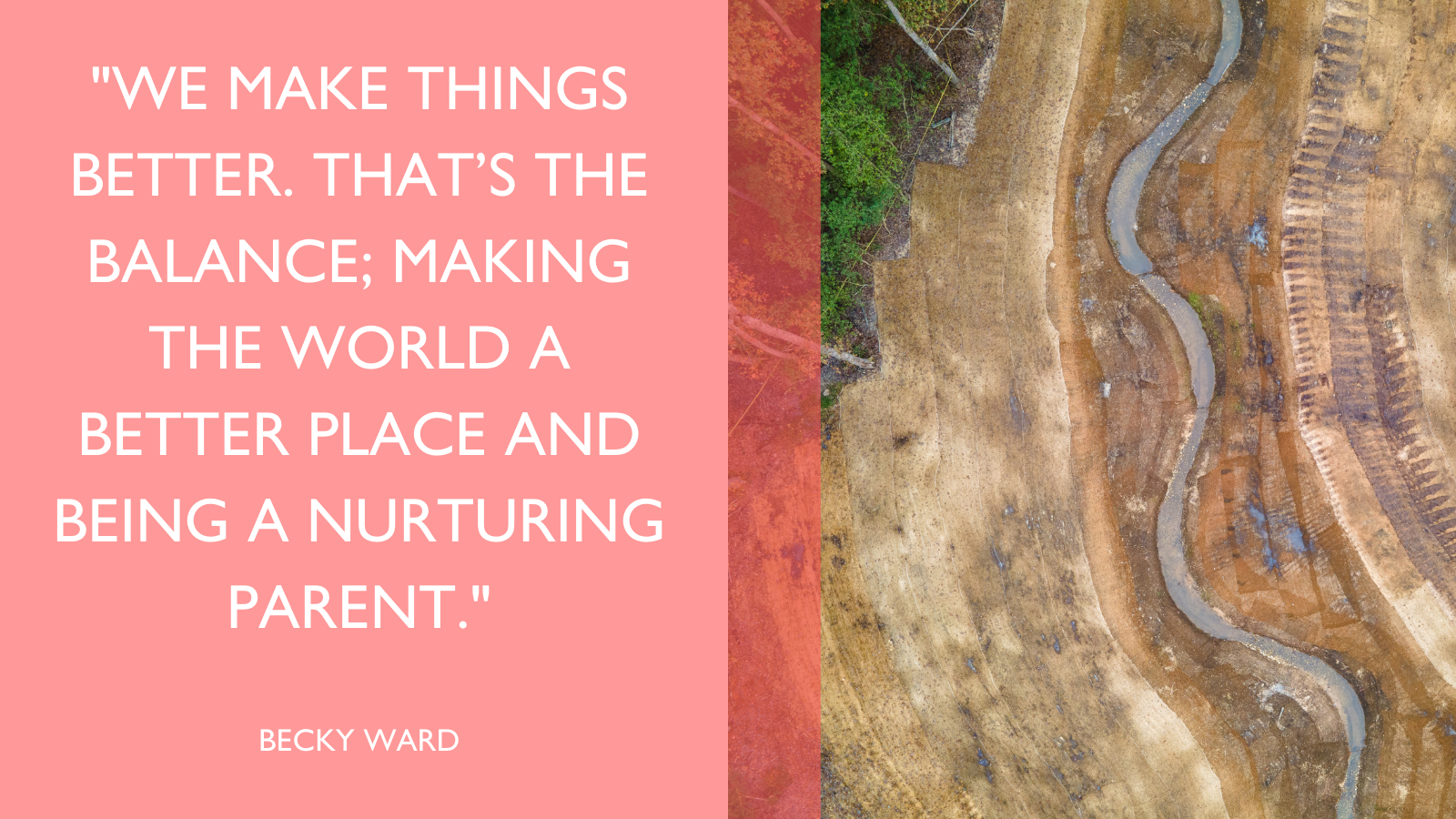
Becky purposefully designed her firm (Ward Consulting Engineers) to serve the Triangle area while keeping in mind a part of her civil engineering background that is very dear to her: sustainability. Her firm opted to offer sustainable services and specialized in stormwater management, flood studies, and stream and wetland restoration services. Sustainable work is both prideful and fulfilling, and Becky made sure to bring along those significant parts of her practice when she joined Timmons Group.
Lillian: So, your favorite kind of stormwater work is stream restoration?
Becky: Yes, I think so. And what we’re continuing to do is train our Timmons Group engineers in Raleigh to make sure when they’re designing culverts or other restoration resources that they’re looking holistically at a solution.
Lillian: It’s kind of hard to go back and change the things that the industry didn’t do correctly all those years ago, so knowing what we know now, we can build those ideologies into new designs. I’m glad that you’re putting that thought process at the forefront of your team.
Becky: I think sustainable stormwater practices are becoming more commonplace and that there have been extreme advances in the industry. Engineers are being more thoughtful of incorporating stormwater advancements early on so they’re not an afterthought.

The dynamic of the A/E/C industry —and for professional women across the board—has changed a great deal in the past two decades. As the gender gap closes, doors, windows, and ceilings are opening for women in engineering services.
Lillian: What do you think is the most important part of family and career balance for you?
Becky: I wanted to make sure that I always feel fulfilled, through a career as well as through my family. I always want to be mentally challenged, so I needed my career so I could continue to learn and be able to use my talents as a civil engineer. We impact the world in so many ways that the general public doesn’t immediately realize. We make things better. That’s the balance; making the world a better place and being a nurturing parent.
Written by Lillian Minix
Interview conducted by Grace Pickron and Lillian Minix
